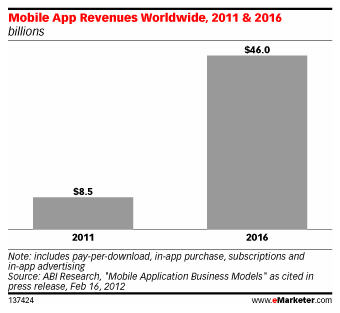We live in a world where mountains of information, relevant to improving our lives and businesses, are at our fingertips. But time is fleeting, resources are limited and we tend to overlook this information in the whirlwind of urgent, everyday activities. Thankfully, you have us, the Building Keystones team, to navigate the whirlwind for you, to highlight the important information you need to make the right decisions for your ecommerce needs.
This past month Building Keystones published blog posts on several important ecommerce topics. We analyzed new Canadian anti-spam legislation with an eye toward explaining how this legislation impacts our email marketing initiatives. Additionally, we suggested eight vital elements that make for an effective affiliate approval email. Finally, we presented the seven key metrics that will help monitor the success or failure of an ecommerce re-platforming project. Enjoy!
Now with February winding down, it’s time for another edition of our Blogger’s Digest series. This month the digest explores tips for competing in the Chinese ecommerce market, the differences between American and British affiliate marketing, cloud security, the growth of revenue from mobile applications, and the future of Google search.
ClickZ.asia – How to Get to Grips with Baidu SEO: According to this article, “In the vast emerging market of China, Baidu is the king of the search engines, ” and software companies with a desire to tap the Chinese market must adapt from Google-centric SEO strategies and tactics to Baidu-centric strategies and tactics. The rest of the post defines four key areas that will help you gain Baidu traction, like avoiding government censorship, using simplified Chinese language rather than traditional Chinese, purchasing a Chinese domain, and adapting your SEO techniques. Tell us about your personal experiences selling software online to Chinese businesses or consumers in the comment section below.
a4u – How does the US Affiliate Market Differ from the UK? – Q&A: This post is an interview with Geno Prussakov and Jennifer Hoffman of 7thingsmedia. Questions center around the differences between UK and US affiliate marketing and anticipated changes to the affiliate market in both regions. Geno and Jennifer discuss the difficulty of affiliate taxation, the anticipated growth of mobile affiliate marketing, the need for direct and healthy affiliate communication channel and the role of lead-based affiliate marketing.
ECommerce News – Cloud Computing: The Over/Under on Cloud Security: This entry is a podcast about cloud security with transcribed excerpts that focus on the benefits and harmful aspects in the relationship between cloud computing and security. Also discussed are the different security roles that enterprises and cloud providers must assume when offering cloud based products.
My favorite quote from the transcript? This one:
Dana Gardner: Is cloud computing good or bad for security purposes?
Stuart Boardman: It’s simply a fact, and it’s something that we need to learn to live with.
eMarketer – The Future of In-App Purchases: In its analysis of a report by ABI Research, eMarketer provides statistics that should have every software maker preparing for disruption. Primarily, overall revenue from mobile apps are expected to quintuple from $8.5 billion to $46 billion in the next four years. In a separate study restricted to mobile in-app purchases, eMarketer quotes IHS Screen Digest that mobile in-app purchases will rise to $5.6 billion by 2015 and will generate 64% of smartphone app revenue. How does your business plan on capitalizing on the mobile trend?
Search Engine Roundtable – Google Trying To Understand What An Entity Is: This article is a must read for search engine marketers. As Google refines, strengthens and expands its search capabilities with artificial intelligence, marketers will have to look beyond standard keyword targeting and link building to focusing on the relationships between entities, their various interconnected attributes, and the elements of those relationship that attract the interest of a searcher. In other words, “…the transition from a word-based index to this knowledge graph is a fundamental shift that will radically increase power and complexity.”
